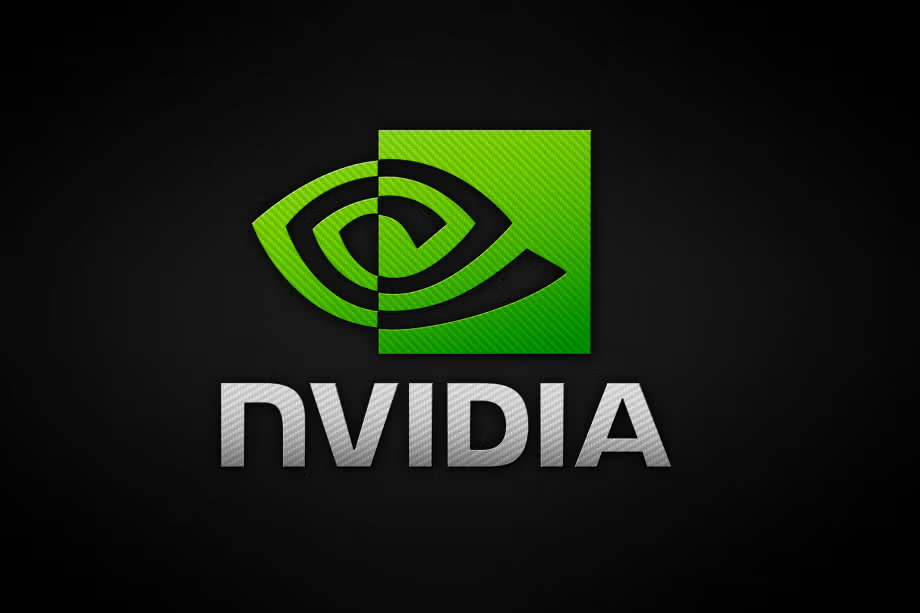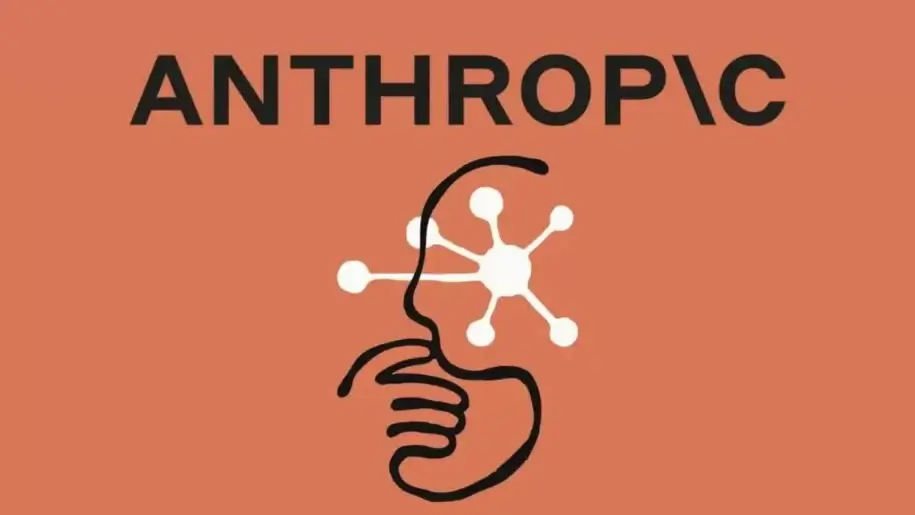Nvidia CEO Jensen Huang has predicted that artificial intelligence (AI) will create more millionaires in the next five years than the internet did in the past two decades. Huang, leading a trillion-dollar company at the center of the AI revolution, made this bold statement on the All In podcast, hosted by venture capitalist Chamath Palihapitiya. He believes AI is the "greatest technology equalizer" and democratizes wealth creation by making everyone a programmer, artist, and author.
AI as a Wealth Multiplier
Huang envisions a future where companies operate both physical and digital factories, with small AI teams generating billions in value. He estimates that teams of around 150 AI researchers can produce $20 to $30 billion in value, which translates to roughly $200 million per person. He highlighted that no industry in history has ever had this kind of leverage. AI is lowering the barrier between having an idea and executing it. Huang believes anyone can now be a programmer simply by talking to AI.
AI-driven tools are opening automated and personalized investment advice to a broader audience. Mass affluent clients now have access to sophisticated AI-powered advisory platforms that offer personalized recommendations based on risk tolerance and financial goals. This makes wealth management more accessible to a wider demographic, enabling firms to expand their client base while maintaining high-quality, customized services.
The Democratization of Skills and Opportunities
AI is not only creating new investment opportunities but also democratizing access to technology and creativity. Huang emphasized that "everybody is an artist now; everybody is an author now". This merging of creative and technical roles in the AI era is empowering individuals to leverage AI for wealth creation, regardless of their background or technical skills.
For those who have felt that tech was inaccessible, AI may offer an unexpected second chance to get ahead. Huang cautioned that those who aren't using AI will likely be replaced by someone with AI knowledge, emphasizing the importance of adapting to this technological shift.
Nvidia's Role in the AI Revolution
Nvidia is at the forefront of this AI revolution, with plans to produce approximately $500 billion worth of AI supercomputers in Arizona and Texas over the next four years. These machines are expected to drive trillions in economic value across industries. Nvidia's AI chips power everything from self-driving cars to data centers, solidifying its position as a leader in the AI landscape.
At CES 2025, Nvidia unveiled AI innovations, including Project DIGITS, a personal AI supercomputer, and the GeForce RTX 50 Series GPUs. The company's Cosmos platform integrates AI models and processing pipelines for autonomous vehicles and robots. Nvidia has also partnered with CrewAI and LangChain to launch AI Blueprints for enterprise workflows, enabling custom AI agent development.
AI in Wealth Management
AI is transforming wealth and asset management by providing tools that empower financial advisors and shape the future of financial services. Financial advisors are increasingly relying on data-driven financial decisions supported by advanced algorithms. AI tools optimize processes, enabling advisors to focus on strategic aspects of wealth management. AI-driven tools also offer clients self-service access to portfolio tracking, investment adjustments, and financial planning. This increase in self-service capabilities empowers clients to take control of their financial planning and investment management, leading to greater satisfaction and better financial outcomes.
The Rise of AI-Driven Financial Systems
AI-driven personal finance ecosystems offer unprecedented optimization capabilities, with early adopters seeing significant improvements in savings rates, investment returns, and overall financial well-being. Modern AI finance tools analyze data from various sources, including biometric wearables, smart home systems, and spending patterns, to create wealth-building strategies. These AI financial advisors are now managing an estimated $1.2 trillion in assets globally.
Challenges and Considerations
Despite the optimism surrounding AI-driven wealth creation, wealth management firms are still in the early stages of AI adoption. A survey of 109 executives revealed that while 91% anticipate growth in the next 12 months, firms face challenges related to technology adoption, regulatory compliance, and talent acquisition. Only 13% of firms are conducting AI pilot projects, while 27% are consulting with AI experts. Concerns regarding costs and data security also remain.
















